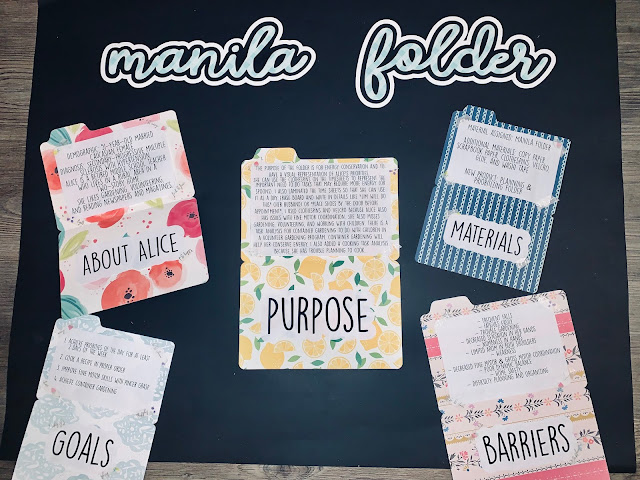Peds SIM Encounter
· How do you think the SIM encounter went overall? Provide a rationale. o I think overall the SIM encounter went well because I took into account my reflection from the last time and tried to apply it to this SIM encounter. I wanted to be less rehearsed with the client and tried to do that this time around. · What would you do differently if you were given the opportunity for a do-over in the SIM lab? o If I could have a do-over I would try to be more personable with the parent. She seemed as if she was a bit stressed out with some of her body language and I would have asked her if she was doing okay. I also would try to make sure she was understanding what I was explaining to her by having her repeat what I just said. · Provide 2 specific examples of how an attitude of caring can be communicated to a client/caregiver by an OT student. o ...
